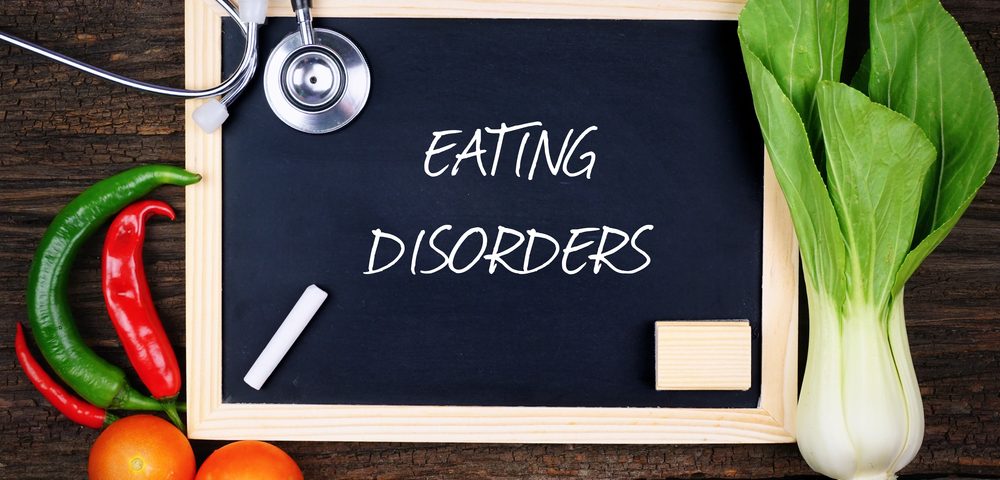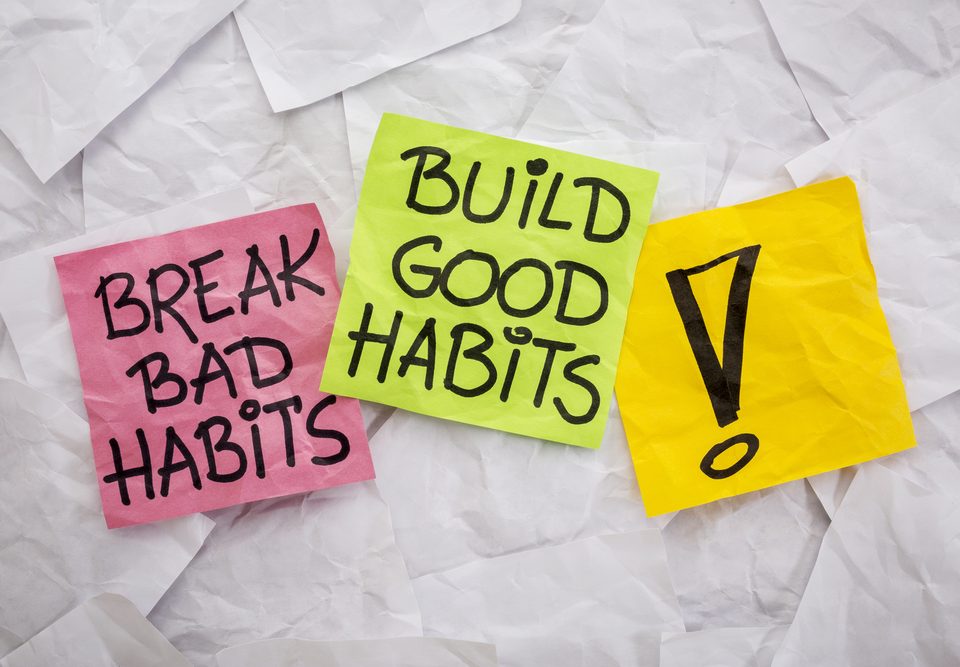
Bad Habit or Addiction
June 26, 2020
Planting the Seed
July 1, 2020
The danger of under-diagnosis and incomplete treatment
Despite research that clearly signifies a high correlation and close relationship between eating disorders and addictions, many parents and treatment professionals are still uninformed about this phenomenon. The result is that each year thousands of youth struggling with both addiction and an eating disorder are treated for only one or the other condition.
Clients at Rosewood Ranch often receive their first addiction diagnosis while in treatment at Rosewood for their eating disorder. A similar phenomenon is noted by the clinical team at the Palm Beach Institute, which often sees clients who initially seek treatment addiction that also suffer from a previously undiagnosed eating disorder.
Under-diagnosis, incomplete diagnosis and lack of proper treatment is a pervasive issue as noted by a National Treatment Center Study which found that of 351 publicly funded substance abuse treatment programs, only 50 percent screened for co-occurring eating disorders, 16 percent offered treatment for co-occurring eating disorders, and 3 percent had a formal referral arrangement with eating disorder treatment providers.
Getting the help you need
“If you suspect an eating disorder or addiction, please be certain to have the person receive a full mental health assessment,” advises Dr. Cabrera. “Sometimes one condition can mask another, but with an in-depth clinical analysis, one can get a fuller picture of a young person’s clinical condition and needs.”
Dr. Cabrera also encourages concerned friends and family to invite the struggling individual to discuss any concerns, fears or insecurities they have in regards to body image, fitting in, drug/alcohol experimentation, etc. And, when they share these concerns, listen. Do not dismiss them as trivial. Instead, try to understand what the individual’s root fear or concern is, then offer them unconditional love, support, and comfort that they need. Loving and listening is more powerful than lecturing.
→ Concerned friends and family are invited to call Rosewood Centers for Eating Disorders at 1-800-845-211. The caring men and women who serve as intake specialists are available to answer your questions about eating disorders and addiction, including offering a complimentary phone assessment.


